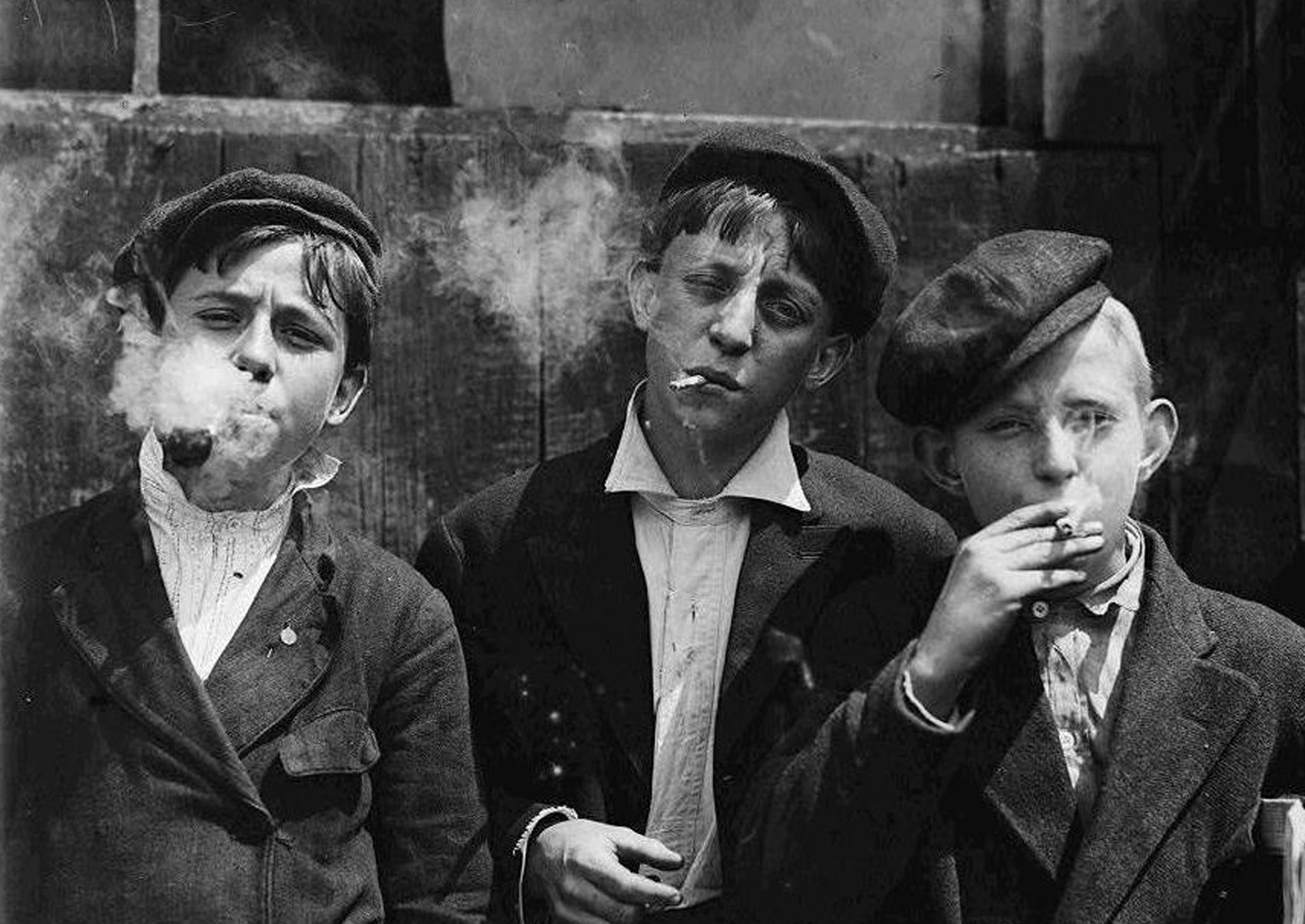Kids these days aren't what they used to be — they're a lot better. So why the fuss?
Youth crime and teen pregnancy are both down, as well as smoking and drinking

We all know how bad adolescence is bound to be. It's a time of extremes.
You’re either hopeless with the opposite sex or contracting an STD; getting way too drunk or sitting on your own playing video games. All those hormones rushing about, all that yourself to find: it’s inevitable. Show me a well-adjusted teenager and I’ll show you a weirdo. As a result, they are a nightmare for the rest of us. There’s a reason the phrase “the youth of today” implies disapproval without even needing a verb.
Except that, actually, the youth of this particular day seem to be fine. Whenever I talk to my nephews and nieces, I’m struck by their poise, their maturity, their general niceness: instead of being self-centred little oiks, they just seem like short adults. And if my own anecdotal experience seems a little flimsy, consider the evidence, which overwhelmingly suggests that they’re doing pretty well.
Youth crime has plummeted over the past decade; teen pregnancy is down; so are smoking and drinking. And a survey of 2,000 kids released earlier this week seemed to suggest the same thing.
The report into modern childhood, published by Fun Kids Radio, paints a picture of a generation whose only form of rebellion is to be better behaved than we were. By and large they would rather be happy, clever and kind than famous, popular and good looking; they deem pop culture to be overly sexualised; they are entirely comfortable with a multicultural, multi-ethnic circle of friends. They’re so pure of heart that it’s actually a little boring. If they have any problem at all, it’s that they’re not doing enough wrong.
Not many of those who have read about the report will have come away with this view, however. Instead of noting these obvious headline findings, coverage of the release instead focused on a darker undertone: the alleged death of human intimacy. “More than one in three youngsters say they now message rather than chat in person,” one headline read.
The youth of today, on this reading, are not better-adjusted than ever, but a bunch of bedroom-dwelling troglodytes who begin to twitch if you look them in the eye. “Many youngsters,” the story read, “are conscious that they are spending too much time on their tablet or computer.”
Leave aside that many adults are, too. Leave aside that for quite a lot of teenagers of previous eras, sending a text message would have represented a significant social advance on the prospect of spending another day curled up in front of Football Manager with a toasted cheese sandwich, an example that obviously owes no debt whatsoever to my own adolescent tendencies.
Forget all that, and ask: even if it is true, why are we so obsessed with depicting young people in the worst possible light?
I suppose, in one sense, it’s like any prejudice: a fear of difference. Youth culture is always bound to be a bit alienating, even if in this case that’s only by dint of the disconcerting absence of crisis. And perhaps lots of us are so wrapped up in our own traumatic memories of adolescence that we can’t, or don’t want, to believe that anyone else should get off any lighter.
Plus, even though all those experiences of being sick in a bush or rejected by your crush or laughed at for your haircut were straight-up grim as they happened, the passage of time has lent them a rosy glow; in order to make sense of them, we are prone to give them a starring role in our personal evolution towards being the wonderful grown-ups we are today. The presence of Generation Y All The Fuss makes that nostalgic habit look silly.
And so, even though all the evidence suggests that they’re better off than ever, we seek out the gobbets that seem to preserve the supremacy of our own heyday. This isn’t just mistaken – it’s mean. However well they’re doing, growing up is never easy; the last thing 15-year-olds need is the continual disapproval of their elders. If we really think they’re so messed up, shouldn’t we at least try to encourage them?
Get used to free websites fiddling with your data
A man knocks on your front door and shows you a brilliant new product. He says that he’s pretty sure it’s going to make him a billionaire. Then he says that you, and all of his customers, can have it for free. It doesn’t seem unreasonable to assume that your first thought would be: what’s the catch?
So our instincts protect us in the physical world. Online, for reasons that continue to evade me, we are nothing like as savvy. We sign up gleefully to world-dominating email services and social networks and dating websites, we pay not a penny, and then, when it turns out that we are the product, we get cross about it.
So it has proven again this week, with the free dating site OKCupid joining Facebook in the dock for its low-level fiddling with customer data. For those who are irked, there is a simple solution: get used to it, or get off it.
The world does not owe you the ability to poke strangers. And if you really want to, one way or another, you are going to have to pay for it.



Join our commenting forum
Join thought-provoking conversations, follow other Independent readers and see their replies